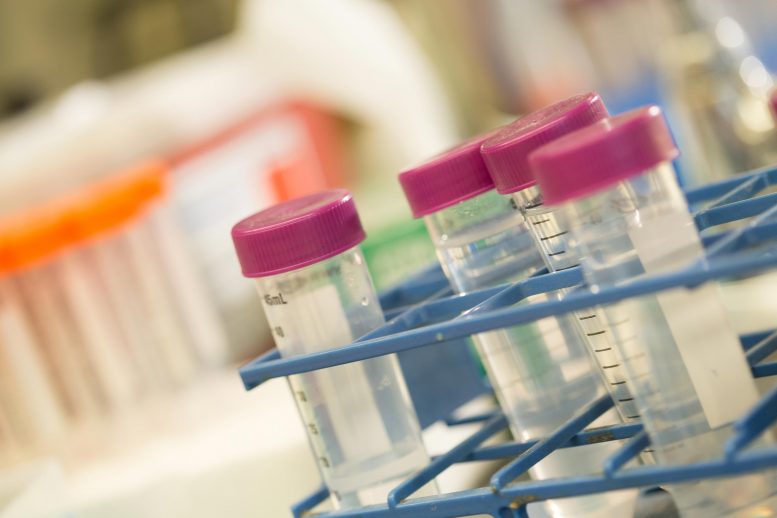
The biological mechanisms behind stress-related psychiatric conditions, including major depressive disorder and post-traumatic stress disorder (PTSD), are poorly understood.
New research now details the interplay between proteins involved in controlling the body's stress response and points to potential therapeutic targets when this response goes awry. The study, which was conducted by an international team led by investigators at McLean Hospital, appears in the journal Cell Reports.
Study Highlights
- New research reveals how key proteins interact to regulate the body's response to stress
- Targeting these proteins may help treat or prevent stress-related psychiatric disorders
"A dysregulated stress response of the body can be damaging for the brain and promote susceptibility to mood and anxiety disorders," said lead author Jakob Hartmann, PhD. Hartmann is an assistant neuroscientist in the Neurobiology of Fear Laboratory at McLean and an instructor in psychiatry at Harvard Medical School.
"A key brain region involved in the regulation of the stress response is the hippocampus," said Hartmann. "The idea for this study occurred to us when we noticed interesting distinctions in hippocampal localization of three important stress-regulating proteins."